In order to cope with challenging conditions such as high US tariffs, stringent emission regulations, and intense price competition from China, they are considering the possibility of setting up steel factories with electric furnaces.
Hyundai Steel is at the forefront of this trend. Although a final decision has not been made yet, the newly formed green steel task force team is exploring the potential of establishing a presence in the world's largest steel market. This move is groundbreaking considering that Korean companies are generally reliant on blast furnaces.
The attractiveness of the US market is undeniable. Especially with the potential for Trump to win the upcoming elections, the expectation of increased tariffs on Chinese imports could provide a significant advantage to Korean producers. Additionally, electric furnaces, which melt scrap metal with electricity and emit lower carbon dioxide emissions compared to traditional blast furnaces, offer a more cost-effective option. This aligns well with South Korea's stricter environmental regulations.
However, there are some concerns regarding quality. Steel produced from electric furnaces, while environmentally friendly, may contain more impurities compared to those produced from iron ore. This could limit its use, especially in advanced technology products like automotive steel sheets. Companies like POSCO and Hyundai are aiming to overcome this challenge by combining molten iron from blast furnaces with melted steel scrap.
On the other hand, Japanese Nippon Steel is pursuing a different strategy. Instead of building new facilities, they prefer to acquire US Steel, the world's third-largest steel producer, for $14.1 billion. This move underscores the urgency for Asian steel producers to enter the US market due to the continued increase in China's steel exports and the flooding of global markets with cheap steel.


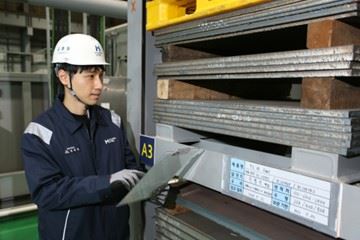

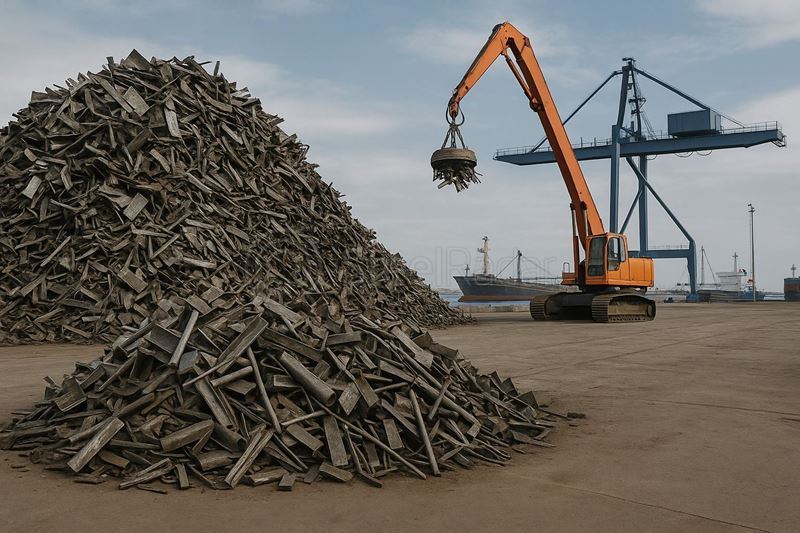
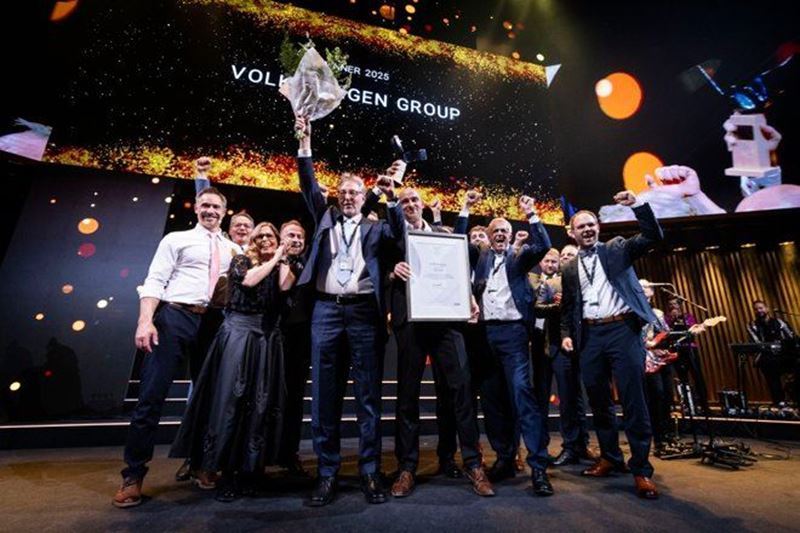
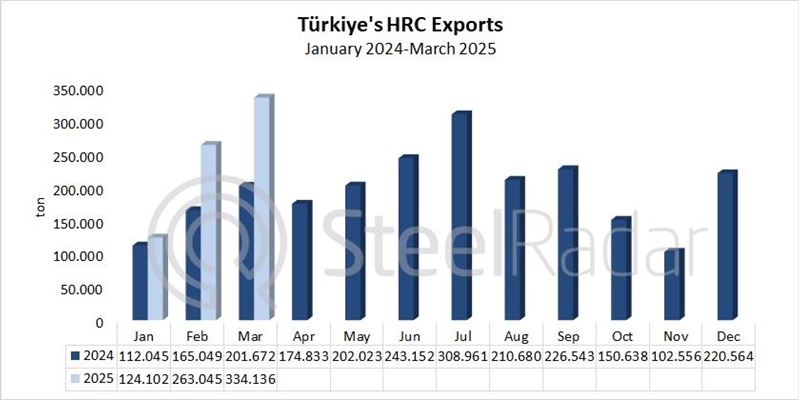
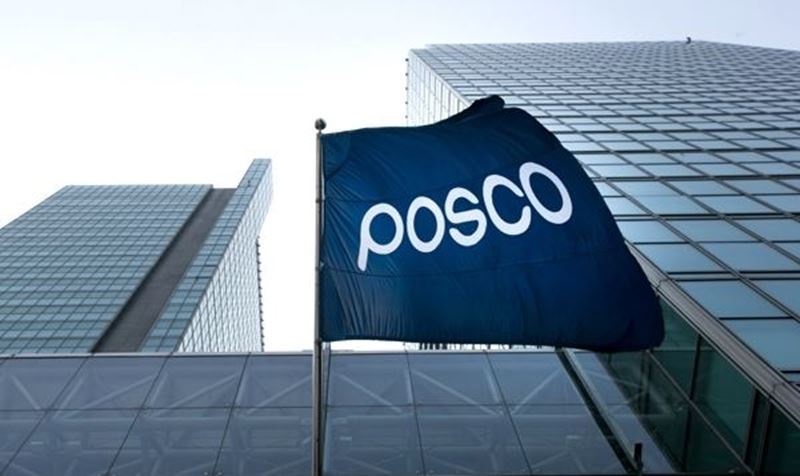
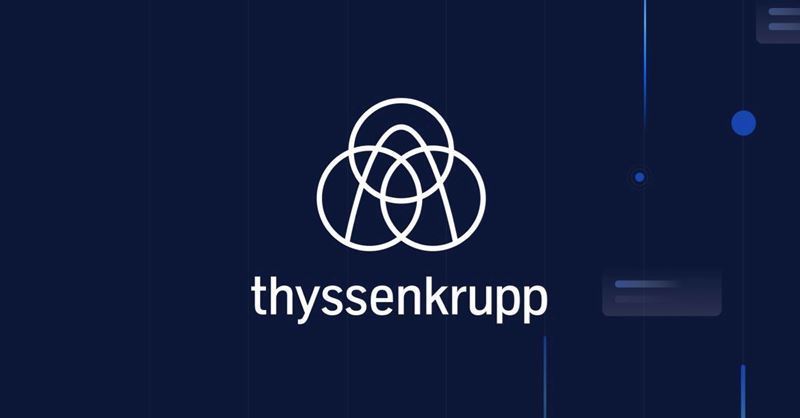


Comments
No comment yet.